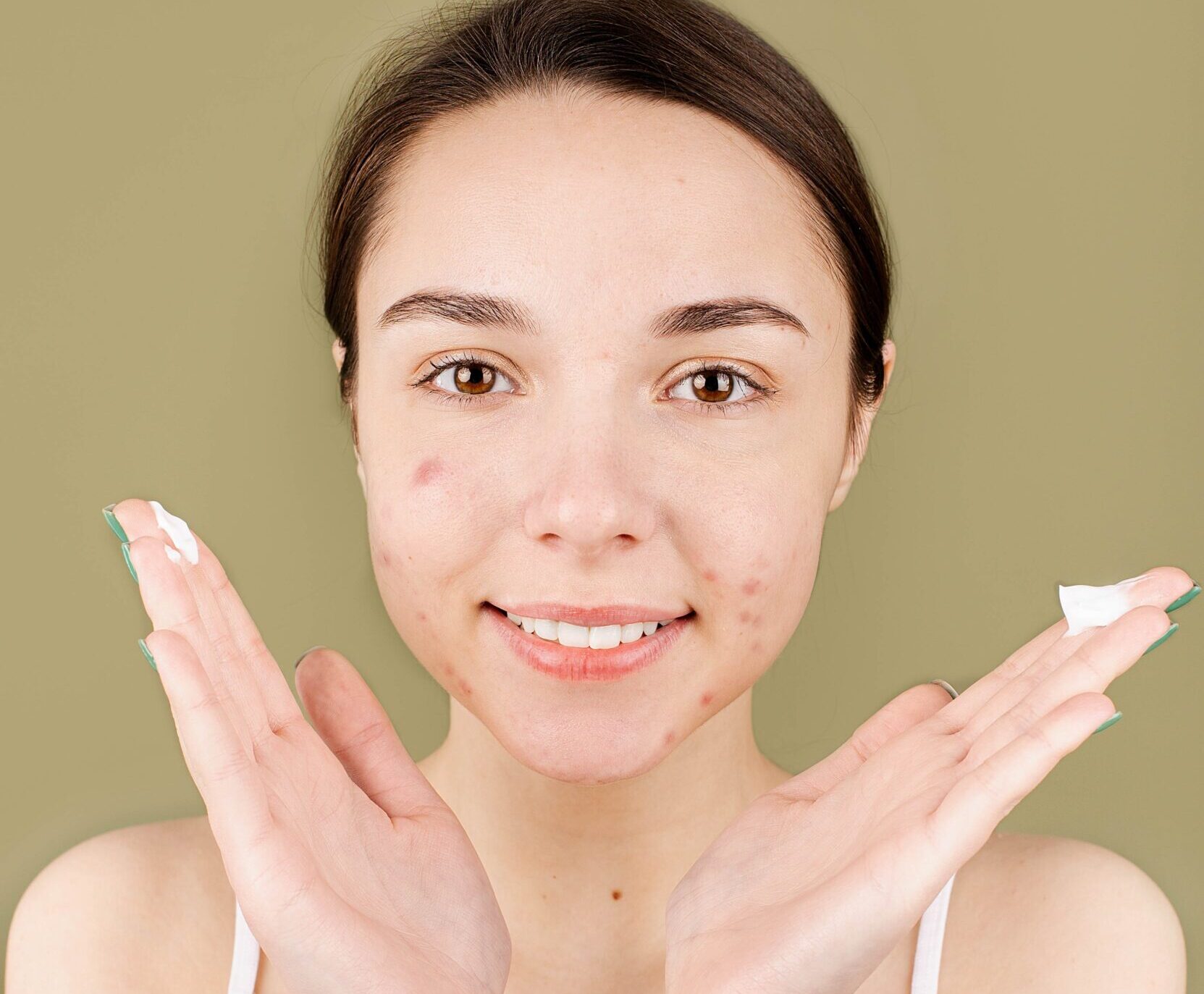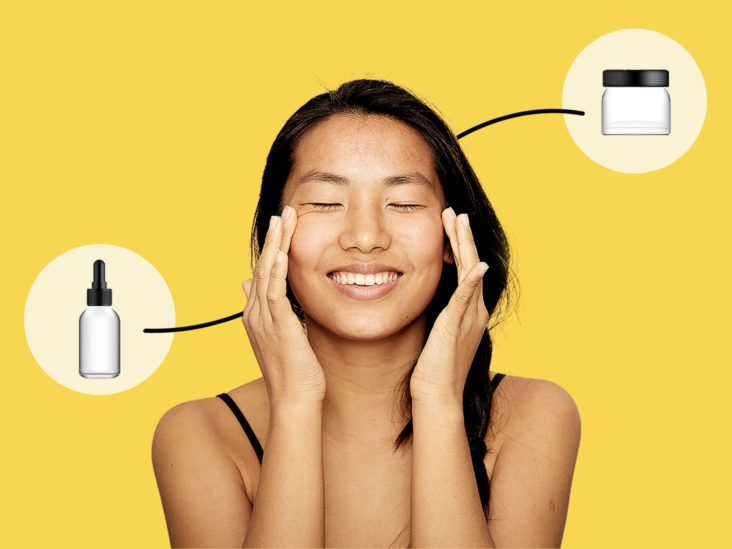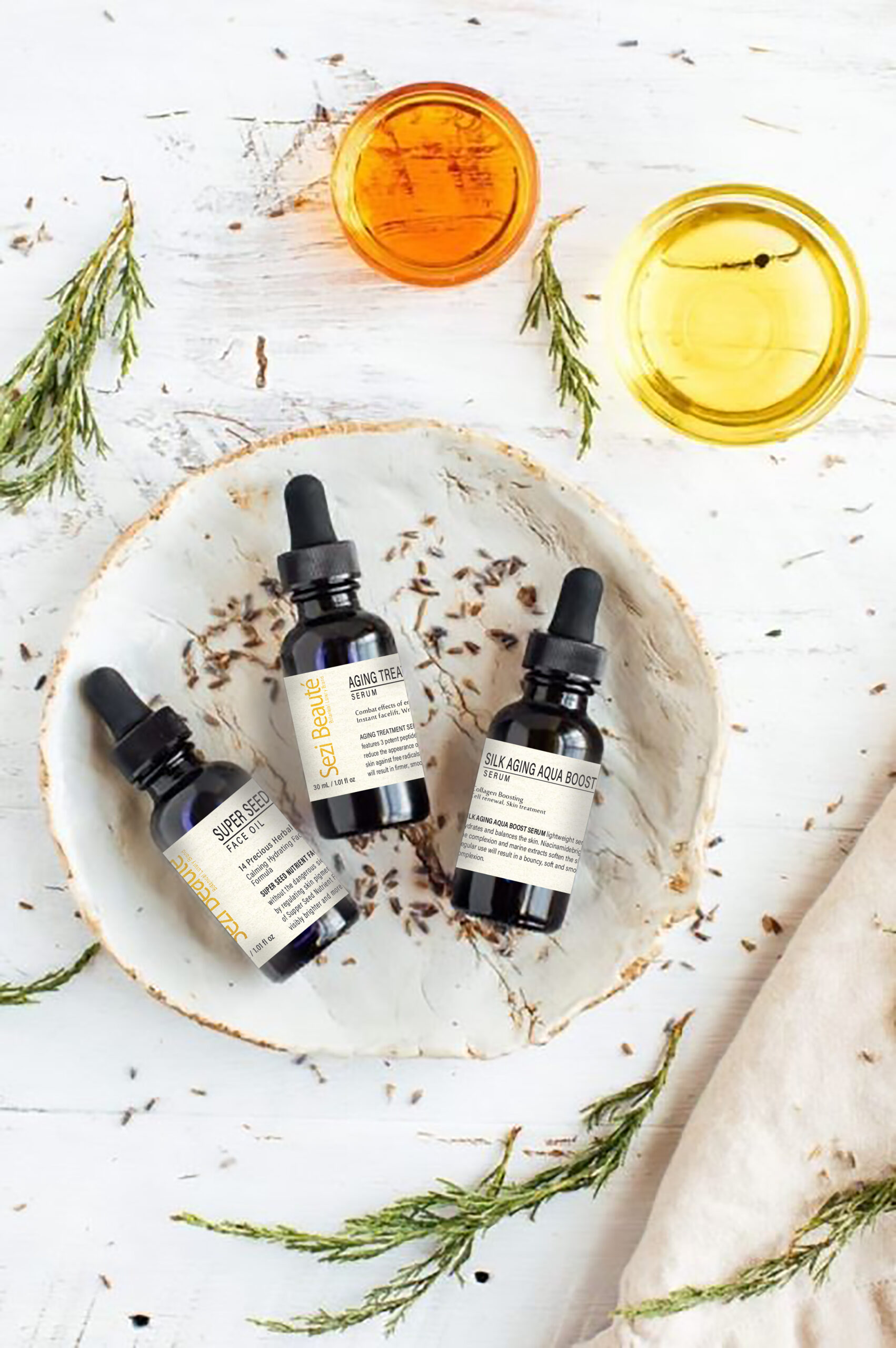Navigating Your Skincare Routine with Acne: A Roadmap to Radiant Skin
Dealing with acne can be an uphill battle, and the world of skincare is rife with trends that come and go, especially concerning solutions for acne and breakouts. It’s easy to feel lost and overwhelmed when trying to discern the right path to healthier skin.
At the core of any successful skincare journey lies the mastery of the fundamentals, regardless of the ever-evolving trends.
Crafting Your Unique Skincare Routine
It’s important to recognize that skincare is far from being a one-size-fits-all concept. Our skin types, genetic factors, environmental variables, and lifestyle choices all play a part in determining our skin’s health. What works for one person may not be suitable for another.
Discovering the perfect skincare routine for your unique needs can be a voyage of self-discovery, particularly if you’re grappling with specific skin conditions, allergies, or sensitivities. For many, acne is a constant concern, especially when you’re already undergoing acne treatment.
If this situation sounds familiar, your skincare regimen should be designed around the objectives of preventing breakouts, supporting your skin’s natural defenses, and complementing any ongoing acne treatments. The task might appear daunting, but with the right guidance, it’s entirely manageable.
The Role of Moisturizing in Acne Care
It’s a common misconception that acne-prone skin is synonymous with excessive oil production, leading some to believe that moisturizing is unnecessary. In truth, the opposite is the case. Using the appropriate moisturizer, whether you have acne-prone or oily skin, is crucial to maintain skin hydration and support its natural functions. A well-chosen moisturizer can even help balance oil production, especially if it contains beneficial ingredients like Niacinamide.
When you’re using acne treatments with ingredients such as tretinoin, isotretinoin (Accutane/Roaccutane), adapalene, tazarotene, or other retinoids, your skin often becomes dry and sensitive. Other active ingredients like Salicylic Acid and Benzoyl Peroxide can also have a drying effect. This is where selecting the right moisturizer becomes pivotal.
The correct moisturizer can counteract the drying effects of these treatments while ensuring your skin retains the necessary moisture. It should be formulated with components that support your skin’s natural barrier to keep it in good health.
Choosing the Perfect Moisturizer
Not all moisturizers are created equal, and using the wrong one can exacerbate your acne. If you have acne-prone or oily skin, seek moisturizers with a rich content of humectants such as Glycerin, Propanediol, Sodium PCA, Hyaluronic Acid, or Panthenol. Look for oil-free or low-oil, non-comedogenic moisturizers, and avoid those containing heavy oils like shea butter, cocoa butter, or mango butter.
For those concerned about animal rights, opt for a cruelty-free and/or vegan moisturizer.
When and What to Apply
Dermatologists recommend including a moisturizer in your core routine, which typically comprises cleansing, moisturizing, and applying sunscreen. Alternatively, you can apply moisturizer when your skin feels dry. Many individuals prefer moisturizing after showering or washing their face, as damp skin better retains moisture. Moisturizing should be a daily practice, especially during the colder months when your skin is more prone to dryness.
Managing Expectations
Realistic expectations are vital when it comes to skincare. Generally, it takes about 4-8 weeks before you observe significant improvements when using active ingredients. If you experience adverse reactions to a moisturizer in a short period, discontinue its use. Do not persist if you feel tingling or stinging; it’s crucial to determine whether the irritation stems from your acne treatment (retinoid) or the moisturizer itself. Allow your skin to recover before experimenting with a different moisturizer. Avoid products with added fragrance, plant extracts, botanicals, or essential oils.
In Conclusion
Personalize your skincare routine to cater to your specific needs, as the right solutions can’t fix the wrong problems. Listen to your body and pay attention to its signals to understand how best to care for your skin. Skincare often involves some trial and error. If one product doesn’t work for you, don’t be discouraged; it may simply not be the right fit for your skin. There are numerous alternatives available that may better suit your needs.
If you’re uncertain where to start or nothing seems to work, consider the option of personalized skincare. Professionals can craft custom products designed to address your unique skin requirements. For your personalized moisturizing needs, trust August Skincare to provide a top-quality, cruelty-free moisturizer. We offer custom skincare products tailored exclusively for you. Begin your skincare journey by completing our form today!








